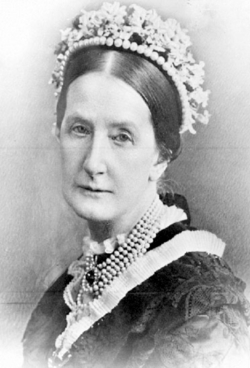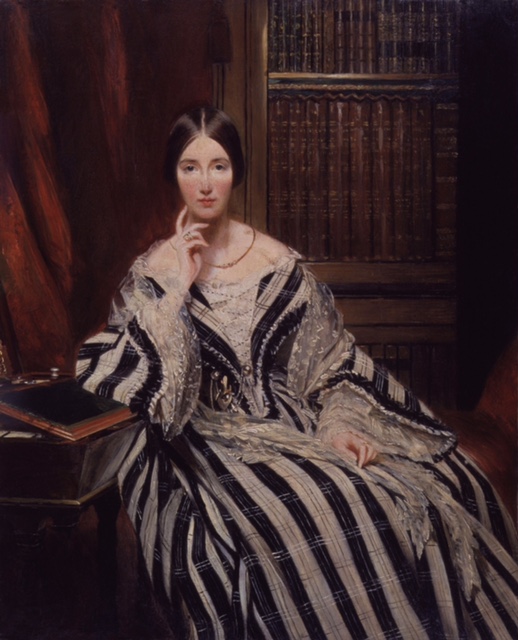On January 5, 1907, a woman called Baroness Angela Burdett-Coutts, was laid to rest at Westminster Abbey in London, England.
At the time, King Edward VII was reported to have said that “. . . after my mother (Queen Victoria), she was the most remarkable woman in the kingdom.”
So who was this woman?
She was born Angela Georgina Burdett, daughter of Sir Francis Burdett, and Sophia Coutts who was the daughter of the wealthy banker and founder of Coutts & Company, Thomas Coutts.
In 1837, at the age of 23, Angela inherited her grandfather’s fortune of nearly two million pounds. She could quite easily have spent the rest of her life living in luxury, enjoying the pleasures and extravagances of the very rich. She certainly had more than enough money to last her a lifetime. Instead, she chose to devote her entire life to helping others and spreading her fortune where it was needed the most.
Having befriended many notable people such as Louisa Twining, Florence Nightingale, and Charles Dickens and learning of the desperate plight of orphans and the poor in London, she used much of her wealth to help.
She also became a notable benefactor of the Church of England, building and endowing churches and church schools around the world: in Africa, in Australia, and in Victoria, British Columbia, Canada.
Her contributions to life in Victoria also included money to build Angela College on Burdett Street, a prestigious Anglican school for young women. Both the building and the street honor this woman today – even though, like Queen Victoria, she never visited the city.
In addition she donated money for the church bells in St. Paul’s Cathedral in London; for cotton gins in Nigeria; and drinking fountains for dogs in large cities. She assisted Turkish peasants and refugees of the 1877 Russo-Turkish War, organized housing schemes for the working class as well as lifeboats in Brittany, France, and gave money for the Ragged Schools Union, soup kitchens and the Temperance Society in London, as well as placing hundreds of destitute boys on training ships for the navy and merchant service.
It was also at her instigation that vessels were sent out to British Columbia in 1862 (the most notable being the Tynemouth, known as the Bride Ship) which carried sixty women to the colony where at that time there was a great shortage of women.

In 1871, Queen Victoria bestowed a peerage on her with the title of Baroness Burdett-Coutts of Highgate, and the following year she became the first woman to be presented with the Freedom of the City of London. She also received the Freedom of the city of Edinburgh in 1874.
Although she had many suitors throughout her life, she refused all offers of marriage until she was 67 years old, when she shocked society by marrying her secretary, a young man of 27, William Lehman Ashmead Bartlett, who was also a Member of Parliament. In an unprecedented move, he changed his name to Burdett-Coutts after the marriage.
By the time Angela Burdett-Coutts died in December 1906, she had given well over 3 million pounds to needy causes around the world



